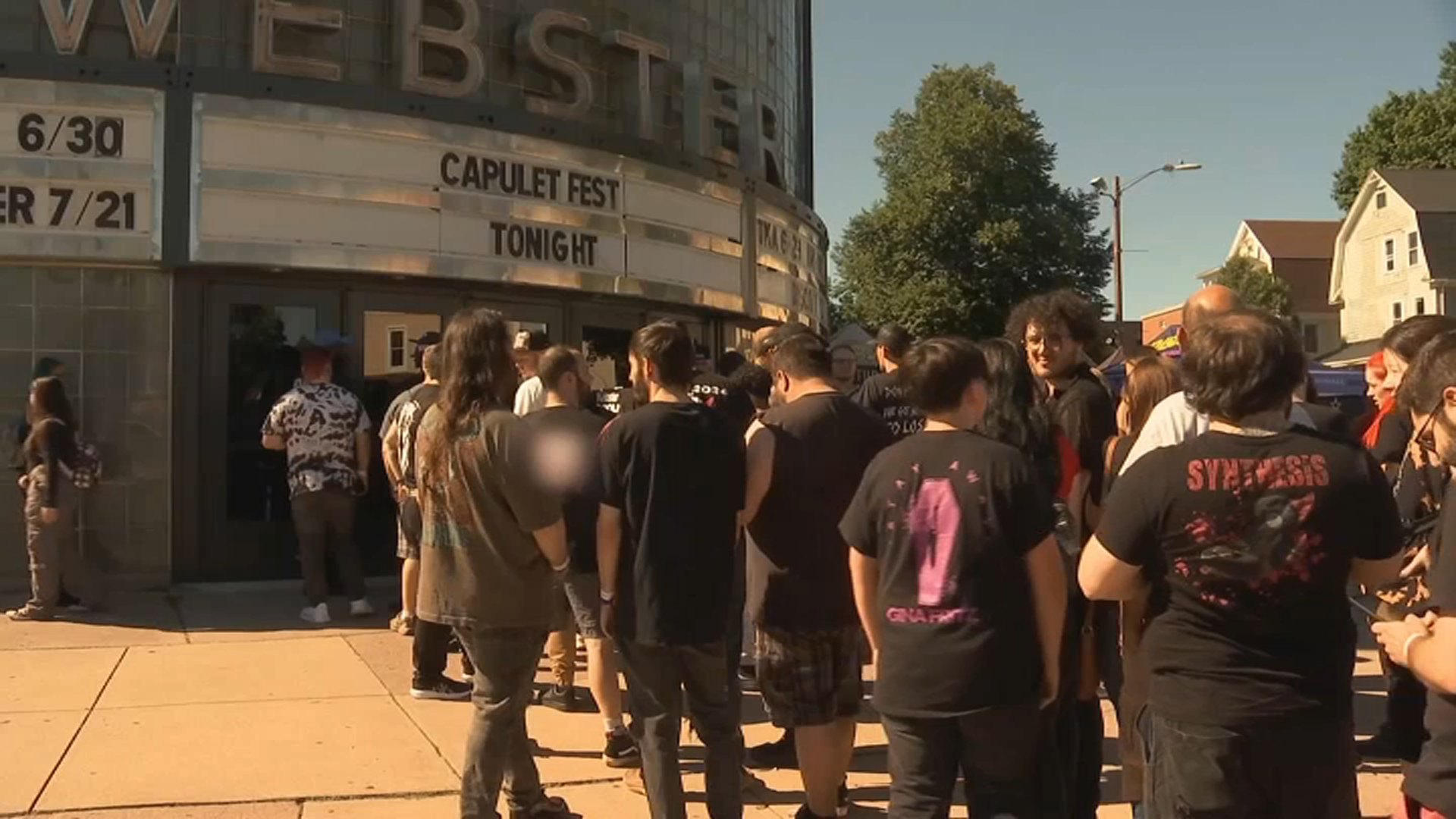
Children must now reach the age of five by Sept. 1 to be eligible for kindergarten.
That change is one of several new laws that take effect July 1. The change brings Connecticut in line with other states in a move school officials say will ensure children have time to develop before entering school.
“A lot of educators believe that children are not developmentally ready to start school at that early age,” Sen. Douglas McCrory, (D) Hartford, said.
Previously, parents could enroll students who turned 5 by Dec. 31 of that school year.
Get Connecticut local news, weather forecasts and entertainment stories to your inbox. Sign up for NBC Connecticut newsletters.
McCrory, who co-chairs the legislature’s Education Committee, acknowledged the change will cause issues for parents who struggle to afford childcare.
The state has a shortage of childcare seats and McCrory said the legislature will watch to see if the change has any negative repercussions.
“By next year we have to increase those capacities and be able to prepare for our children – if not, we may have to change the law,” he said.
Lawmakers also saught to protect all students by allowing municipalities to pass their own ordinance against drivers illegally passing school buses.
Local
State law already prohibits passing a stopped bus, but lawmakers acknowledged local police were not enforcing the law enough.
Bridgeport officials captured nearly 10,000 drivers passing stopped school buses, prompting the law. Now, municipalities can issue fines of $250 and keep the money.
“If nothing else, we need to protect our children when they’re getting on and off the school bus and that’s that that bill was really aimed at,” Rep. Greg Howard, (R) Stonington.
The Department of Transportation can use traffic cameras to issue tickets to drivers who speed through work zones. The legislature agreed to allow the DOT to use the cameras after a pilot program last year.
Another change targets unlicensed stores that sell beverages infused with THC, the intoxicant in cannabis.
Only licensed package stores and dispensaries can sell the drinks, while everyone else has three months to sell their inventory.
The state will also impose taxes on the drinks to help pay for enforcement.
“We have a regulatory nightmare on who’s in charge of conducting audits of people selling THC products or not,” Rep. Dave Rutigliano, (R) Trumbull, said.
Other changes will help the elderly, especially those who want to stay at home while getting care.
The state will help people with a website that finds care – including if they need a nurse who can speak another language.
The state will now assume that home care is covered by Medicaid. Those patients overwhelmingly qualify, but the change means they no longer must wait in a facility for approval.
“It's going to happen anyways, why not let them go home why they’re going through the process to get approved by Medicaid instead of putting someone in a nursing home which costs a lot more money,” Sen. Jan Hochadel, (D) Meriden, said.
One new law includes several changes around absentee ballots. The state is limiting how many absentee ballots someone can request and towns must track who is seeking them.
Municipalities also have to install cameras recording every absentee ballot drop box.



